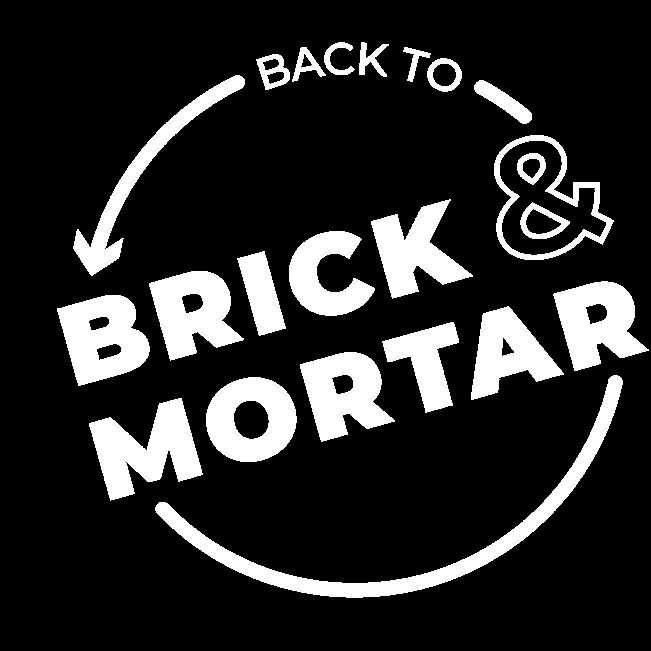10
Deciding to Reopen
TIP 2
Determine lease or mortgage requirements.
Check your lease or mortgage documents to understand your legal obligations and options during an emergency or crisis. Every legal agreement is different, and you (or a lawyer) should carefully review the specific language of force majeure clauses, rights to rent abatement (i.e. reduced or free rent), “go dark” provisions, and other requirements that may be applicable during these difficult times. Contact your landlord or lender to discuss your options. The essential question to ask is: “Are there any forms of short- or long-term rental relief available to me?”
Your landlord or lender may be willing to negotiate and come up with creative solutions that may include a temporary rent reduction, rent deferment, or payment plans based on hours of operation. Many landlords are incentivized to find a way to keep their tenants in place rather than risk pursuing new ones— especially during an economic downturn. Obtain any agreements in writing, and if you have access to a lawyer, review to make sure that the agreement is enforceable. In the case the agreement is not enforceable, ask your lawyer to recommend edits. Here is a helpful database outlining each state’s loan forbearance and lease enforcement policies in response to COVID-19. Back to Brick & Mortar Guidebook
AndAccess.com


